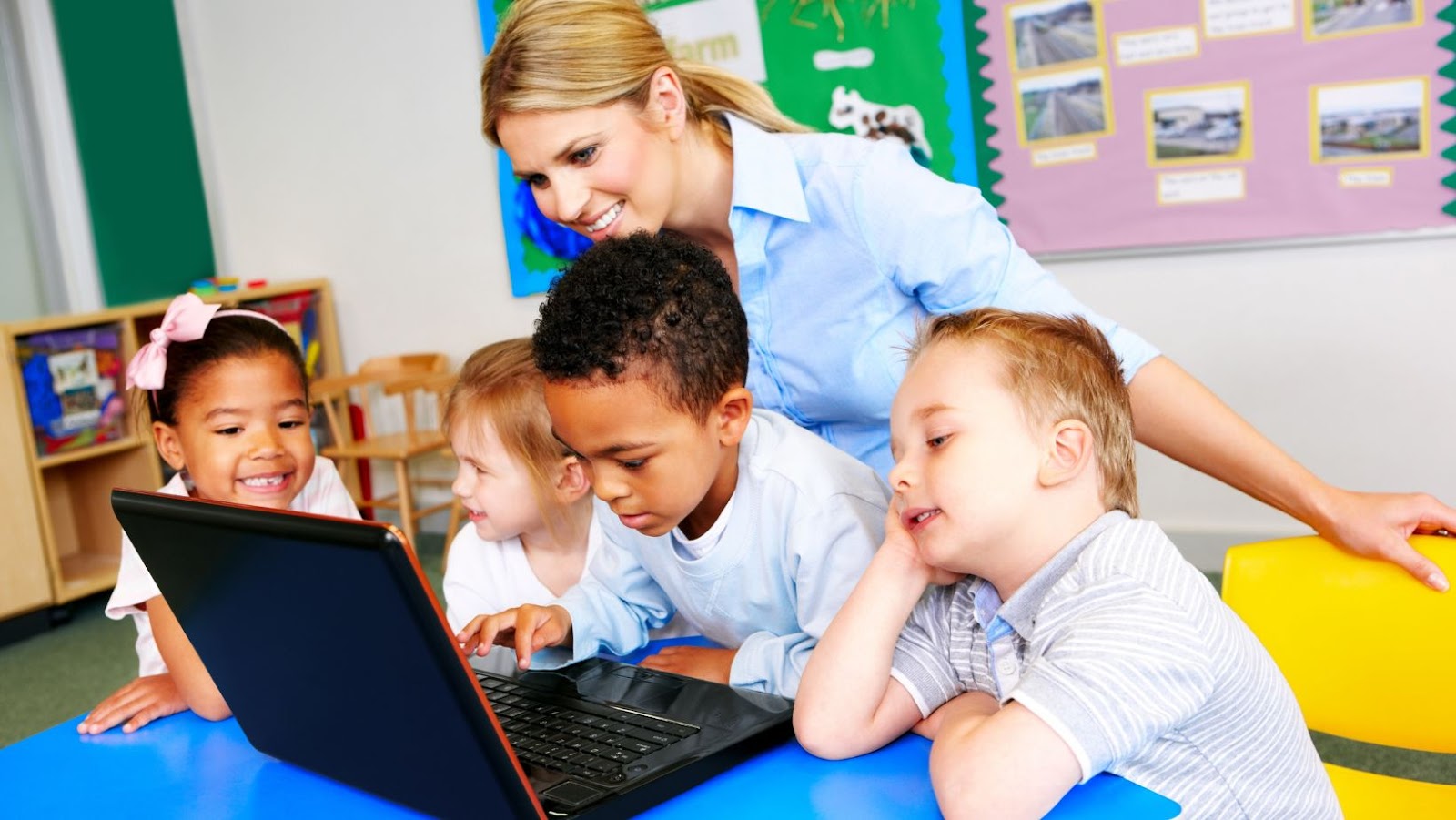The internet is a double-edged sword. Despite being a powerful learning tool for your kids, it exposes them to cyber-attacks and can build toxic habits. And with digital learning becoming essential even in primary classes, it is impossible to keep children away from the online world.
However, excessive use of the internet can not only degrade their mental health but also make them victims of cybercrime.
Hence, it is every parent’s responsibility to educate their children on digital literacy. Adult learners must verify a platform and check reviews before asking someone to make my essay for their assignments.
This article discusses six essential lessons you must teach your kids for online safety and effective use of the internet from an early age.
Kids should also avoid chatting with strangers or accepting unknown friend requests.
6 Crucial Online Safety Lessons for Primary School Kids
Be Mindful of What You Post
With 2.5 quintillion bytes of data created daily, we may think that the posted content would be lost among others. But photos or information kids put on social media are always there to be misused. The content can be shared, downloaded, edited, or uploaded on different websites by online predators with ill intentions.
Hence, you must teach your kids to be careful about what they share on the internet. They should never reveal sensitive information on social media, including their location and phone numbers. Kids should also avoid chatting with strangers or accepting unknown friend requests.
Never Share Your Passwords
If criminals hack one’s passwords, they can steal sensitive information that may lead to identity theft or financial fraud.
You must teach your kids to keep their passwords secure and safe. They shouldn’t share it with friends or strangers. Teach them to avoid weak passwords like their name or birth year, which can be easily guessed. Help them use a password generator or set it yourself using the following points:
- Use a combination of letters, numbers, and symbols;
- Passwords should have more than ten characters;
- Set unique passwords for different accounts;
- Don’t use dictionary words or common phrases’
- Don’t store passwords on Google Docs or the computer.
Be Mindful of What You Click

Primary schoolers are too young to understand what they are clicking on devices. Hackers send fake emails and easily trick kids into clicking unsafe links. Or kids may be tempted to download an infected game or files that spread viruses and malware on the system. This can enable cybercriminals to steal confidential information and spy on the kids. They can also remotely control the web camera and misuse the recorded footage for blackmail.
Therefore, you must teach your kid never to click any links on unknown websites or emails from strangers. They shouldn’t download any files without supervision. You should also ensure to use powerful antivirus software and update it regularly.
You must teach your kids to keep their passwords secure and safe. They shouldn’t share it with friends or strangers.
Learn to Deal With Cyberbullying

Cyberbullying has become common among children because of the mass use of social media.
Teach your kids never to respond or retaliate to cyberbullies to avoid making things worse. You must talk regularly with your kids and specifically discuss online issues. Let them know they can come to you and freely share any bullying or disturbing behavior.
This way, you can sit down with your kids and discuss a plan to handle such problems. You may block the bullies on social media and take screenshots of chats or comments for proof.
Limiting Internet Usage
Spending too much time on the internet can have serious impacts on children. This may lead to internet addiction, lower their attention span, and degrade their social skills. Kids can also become sleep deprived, anxious, and depressed. It harms their physical and mental health, putting their future at risk.
Hence, parents must limit their kids’ screen time and activities. You should ensure your kids use the internet only after their studies, homework, and sports practices. Educate them on the harmful effects of internet usage and inspire them to build productive habits. You should also monitor what content they consume and restrict certain sites.
Be a Responsible Digital Citizen
Kids should take part in building an ethical online community. They should follow the same etiquette on social media that they would in the real world. This includes respecting others, being kind and helpful, and never abusing or threatening other kids.
Spreading hate or responding to hateful comments or messages on social media affects their mental well-being. Therefore kids mustn’t make rude comments or get involved in useless debates under posts. Although they are just facing a screen, they should understand that they are dealing with real people with feelings and emotions.
You should ensure your kids use the internet only after their studies, homework, and sports practices. Educate them on the harmful effects of internet usage and inspire them to build productive habits.
Conclusion
Digital literacy is essential for every kid. It helps them understand the limitations of the technology and how to safely navigate the internet. The above points are crucial lessons you must teach your kids for the best online experiences. This way, kids can become responsible digital citizens and establish a strong presence in the modern world.























